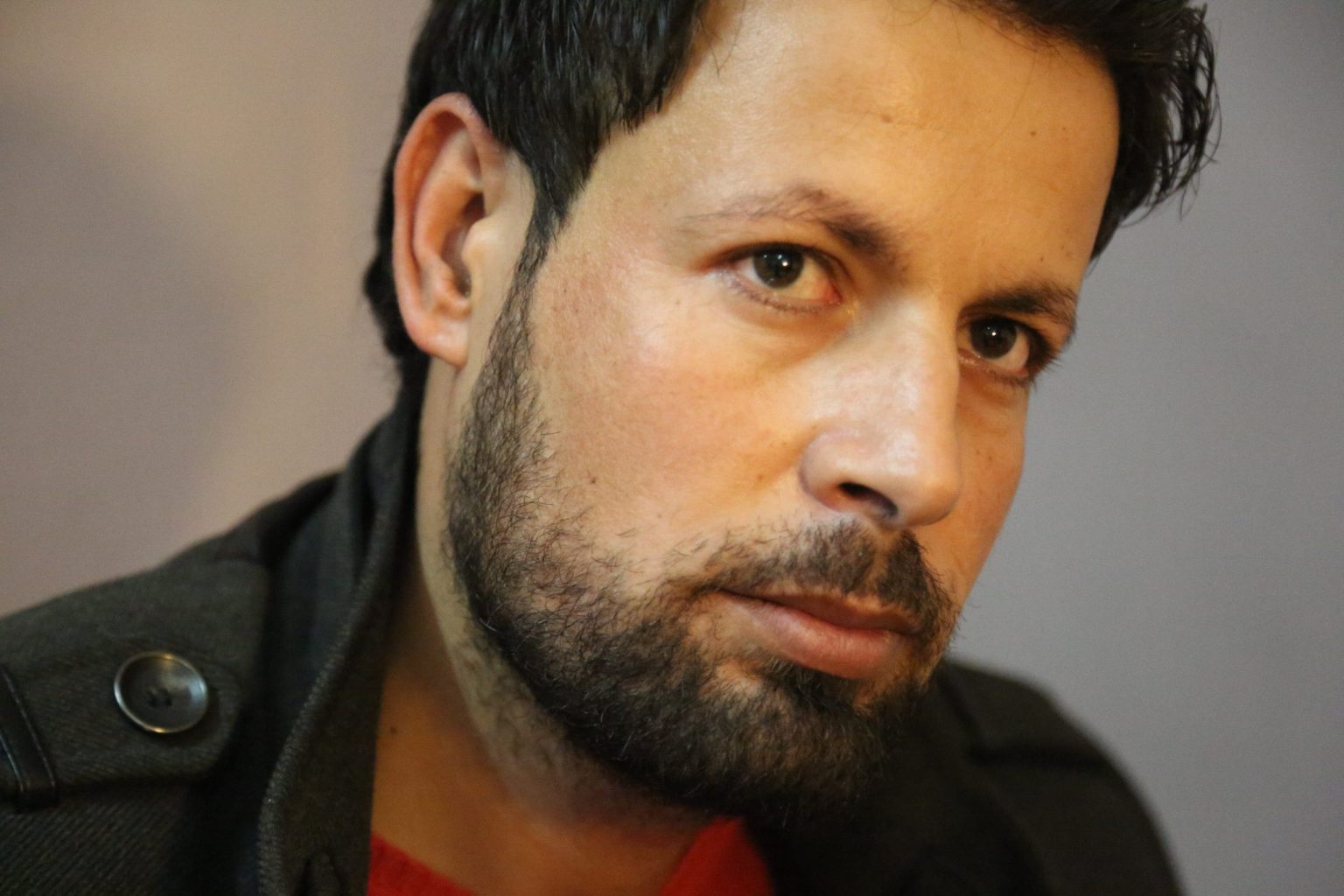The Israel Defense Forces (IDF) reported killing a leading Palestinian battle commander, Muhhamad Jabber, also known as “Abu Shujaa,” during a counterterrorism operation in Tulkarm. The IDF stated that Jabber was the head of a terrorist network in Nur Shams and had been involved in numerous terrorist attacks, including a deadly shooting in June that resulted in the killing of an Israeli civilian named Amnon Muchtar. Jabber was eliminated along with four other terrorists who were hiding inside a mosque in Tulkarm.
The media office of Palestinian Islamic Jihad confirmed Jabber’s death in an obituary statement on its Telegram channel. The organization claimed that Jabber was the commander of the Tulkarm Battalion of the Jerusalem Brigades and one of its first founders. This incident occurred amidst escalating tensions in the Middle East, with Iran and terrorist groups like Hezbollah posing threats to Israel. The Israel-Hamas War is also nearing the one-year anniversary of the Oct. 7 Hamas attack on Israel last year, further heightening security concerns in the region.
The killing of Muhhamad Jabber highlights the ongoing conflict between Israel and Palestinian militant groups operating in the region. The IDF’s counterterrorism operation aimed to target key figures within these groups responsible for carrying out attacks against Israeli civilians. Jabber’s death was seen as a significant blow to the terrorist network in Tulkarm and a victory for the IDF in its efforts to combat terrorism in the region.
The involvement of Palestinian Islamic Jihad in confirming Jabber’s death underscores the complex dynamics at play in the Israeli-Palestinian conflict. The organization’s acknowledgment of Jabber’s role as a commander within its ranks demonstrates the deep-rooted nature of militancy within certain Palestinian factions. The killing of Jabber serves as a reminder of the ongoing struggle for control and power between Palestinian militant groups and Israeli security forces.
The IDF’s success in eliminating Jabber and his associates inside a mosque in Tulkarm reflects the challenges faced by both sides in the conflict. The use of mosques as hiding places for militants raises ethical and legal questions regarding the targeting of such locations by security forces. The IDF’s actions in this operation highlight the difficulties in balancing security concerns with respect for religious sites in a complex and volatile conflict zone.
The broader regional context, including Iranian threats and the presence of groups like Hezbollah, adds further complexity to the situation in the Middle East. Israel’s heightened alert status underscores the ongoing threat posed by hostile actors in the region. The killing of Muhhamad Jabber comes at a critical time, as Israel continues to face security challenges from multiple fronts while seeking to maintain stability and peace in the region.


